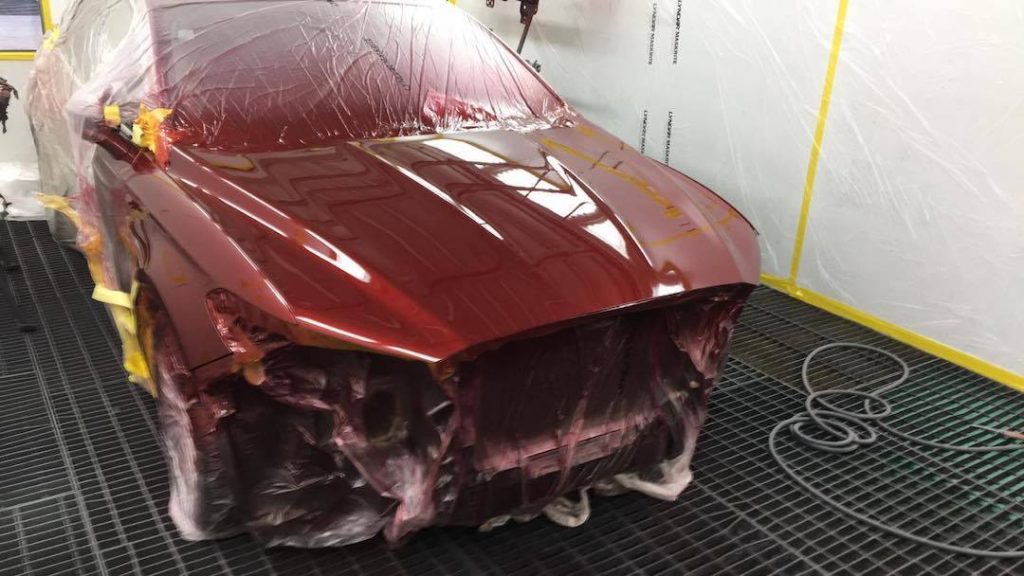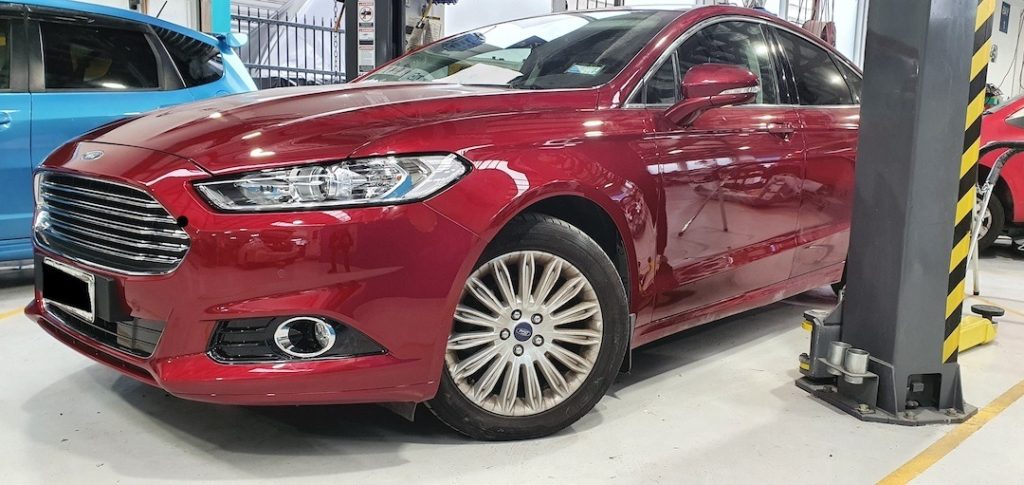Car Scratch
If you’ve got a scratch or two on your car, it’s tempting to think, well, it’s just a scratch – and then leave it. You might think it seems like overkill to take your car to the panel beater just for one or two scratches.
Do car scratches really matter? Can you fix them yourself?
They certainly do matter! A scratch in your car paint is not something to ignore. We go into more detail on that in this article here about what might happen if you ignore scratches on your car. But first, let’s examine the types of scratches you might have on your vehicle. We’ll also take a look at whether or not you can fix car scratches yourself.
- Scratches on plastic areas of your vehicle These are generally seen on the covers that protect your car’s lights and sometimes on other parts of the bumper. Headlights and taillights on older cars used to be protected by a glass cover. Not anymore. They are now encased in a polycarbonate plastic cover. The benefit is that you’re less likely to end up with a broken light and cover if you’re involved in a collision. The downside, however, is that this plastic is very susceptible to scratches. Scratches on these plastic areas are sometimes caused by scraping your car up against tree branches or a shrub. Often, it’s when you’re trying to squeeze into a car park, or you’re doing that awesome U-turn manoeuvre that takes you a little too close to the surrounding vegetation. The other way these scratches occur is when you’re washing your car. If there is surface dirt, brake dust, sand or gravel on your car, it’s essential to wash it off with a hose first before using a sponge or wash mitt. Scratches to the plastic areas often happen when you rub the plastic trying to clean it, when in fact, you’re rubbing abrasive dirt over the surface. This also happens if you use a cleaning cloth or mitt that isn’t completely clean.
- Scratches on your car’s clear coat If you can only slightly feel the scratch when you run your finger over it, and the scratched area still looks to be the same colour as your vehicle paint, then you may have a scratch that penetrates the clear coat only. It’s common to have scratches to the clear coat from jewellery, keychains, handbags, jacket zips or other small metal objects. They’ve come into contact with the car paint but haven’t impacted it with force.
- Scratches to your car’s paint surface These scratches go deeper than the clear coat and penetrate through to the next layer, the paint itself. They look and feel more pronounced than a clear coat scratch, and they often are more than one simple scratch line. Car paint scratches of this type commonly occur when people carelessly open their car doors into other vehicles. The innocent vehicle that gets hit by the door usually always sustains more damage than the guilty party. These scratches also appear if you’ve been sideswiped by another vehicle, or if you’ve come too close to a post or bollard while parking. You can usually see a lighter colour coming through the scratch – which is the primer – but you don’t yet see exposed metal.
- Car Scratches that leave the bare metal exposed If you see exposed metal, you’ve got the deepest type of scratch. These usually require a bit of impact or force. Perhaps someone has keyed your car (unfortunately, we see this occasionally). Or maybe you have scraped your car against your garage door while driving in. If you look closely, you will probably see at least three layers – the paint, primer and then the metal below. You probably won’t see the clear coat layer, but if you’ve got a scratch that cuts through to the metal, then all layers (clear coat, paint, primer, meta) are damaged. If there are scratches or other damage to your vehicle that has exposed the metal underneath, failing to repair and repaint will lead to rust or corrosion. The primer, paint and clear coat don’t just make your car look good – they also help protect your car from oxidisation, rust and corrosion.
Can you fix any of these vehicle scratches yourself?
We don’t recommend the DIY approach to car scratch repair. We’ve seen far too many vehicles where the damage has been made worse, all because someone tried to save a bit of money repairing something they’re not an expert in.
Common do-it-yourself remedies you may read about online include toothpaste or even baking soda to buff out scratches. Please don’t. They’re likely to do more damage to the paint, and you’ll end up with a larger patch of paintwork that needs repairing.
The same holds true for buffing out a scratch yourself. If a scratch is very shallow, meaning you can see it but can’t feel it when you rub your finger over it, you may want to try rubbing it with a microfibre cloth. There are DIY polishing products and touch-up pens available, but again, we caution against using these.
Scratches that go deeper than the clear coat into the paint require a bit more work. This type of repair involves having the correct tools to do the job properly. Depending on the amount of damage there is, we may need to do some wet sanding, reapplication of primer, and possibly a full respray of the area affected.
Perhaps the only type of DIY that we might recommend to the confident DIY-er is the temporary use of a clear coat. You can easily buy a spray can of clear coat to use as a temporary solution. If you’re not able to bring your car in right away to have the car paint scratches repaired professionally, you can temporarily protect it with a clear coat. Just make sure you mask off the area carefully before spraying and don’t overspray.
Unless car touch up painting is something you’re experienced doing, you’ll probably end up making the scratch even more noticeable. Bring your car in to have the car paint scratch looked over by one of our experienced car paint remover panel beaters. We don’t mind how minor the damage is. It’s our priority to help keep your vehicle in the best condition possible, scratches and nicks included.
How do you prevent these types of car scratches?
- Whenever possible, avoid parking under or near trees, bushes, shrubs
- Don’t try to cut corners (literally) by making U-turns or car park maneuvers that you’re not confident doing
- Make sure you use the correct products that are specifically designed for car washing – including microfiber car washing mitts and cloths that are soft and won’t scratch your car
- After you wash your car, give your cleaning sponges, mitts, cloths a good wash and rinse to remove any dirt before you use them again
- Be careful of jackets, handbags, jewellery, etc. scratching against the car as you get in and out – and remind kids about that as well
- Don’t park near shopping trolley bays
- Be nice – don’t peeve off anyone who may be crazy enough to key your car
- Have all scratches looked at by car scratch remover as quickly as possible, so they don’t become worse over time.
The Mt Roskill Collision Centre promise
Our goal is to have everyone on New Zealand roads driving safely. We offer a lifetime guarantee on our car repairs from our panel beating and collision repair service centre in Mt Roskill, Auckland. Contact us online or call us on 0800 227 762 for a free quote or to book an appointment.

